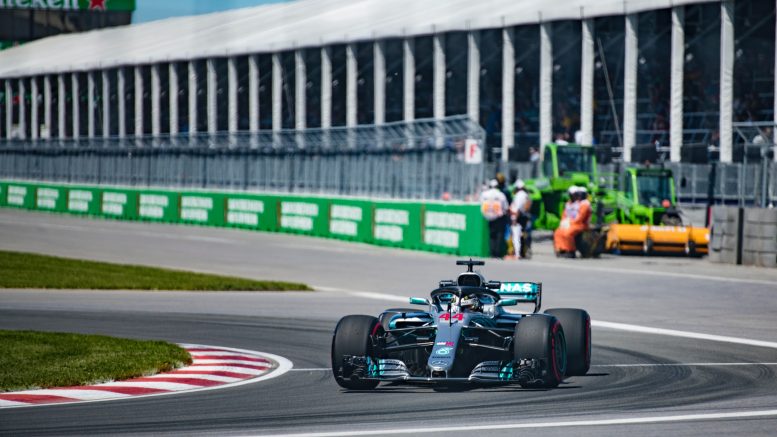The recent announcement of Mercedes and their star driver, Lewis Hamilton, partnering with Kingspan, a company responsible for some of the combustible insulation on the Grenfell tower, has rightly caused outrage around the world.
In an already hotly contested Grand Prix, due to the ongoing allegations of humans rights issues in host country Saudi Arabia, this announcement has only furthered the scrutiny surrounding the event.
The questions surrounding sponsorship in sport has been one that has raged on for decades, with tobacco advertisement becoming illegal in the UK in 2003 and alcohol sponsorships being phased out in Premier League football in 2017.
While steps have been taken to ease out morally questionable sponsorship in sport, there are still plenty of situations where these partnerships ease their way into sports and often go unnoticed by fans and the media.
Mercedes and Hamilton are not alone.
Newcastle United and Wonga (Football)
Now-defunct payday loan provider Wonga has never been a fan-favourite, but its controversial partnership with Premier League club Newcastle United did not sit well with supporters of the club.
Known by many to be a dubious company at best, the Guardian has reported that the APR charged by the company has often exceeded 5,000%. To put that into perspective, American Express’ average APR is 24.5%, with low income credit cards going no higher than 49.9%.
Their treatment of customers was so bad that actor Michael Sheen started a campaign to end operations for them and other payday loan companies.
Government action eventually led to Wonga collapsing in 2018; not to be to missed.
Washington Nationals and ExxonMobil (Baseball)
In 2008, baseball team the Washington Nationals unveiled their new state-of-the-art stadium.
Certified by the federal Green Building Council as the first green major sports venue in the United States, it was the envy of the other teams in the league.
However, protests by environmentalist groups still took place at the unveiling. Why?
The team had a long-standing partnership with oil and gas company ExxonMobil, and the company’s logo was branded in prominent positions around the eco-friendly stadium.
Reported as being the fifth largest greenhouse gas polluter by the Guardian in 2017 and being a company with a long history of promoting climate change denial, it’s easy to see why this partnership did not go down well.
Sport and the Gambling Industry
This could easily be multiple different entries, but then it would be an extraordinarily long article. The inclusion of sponsorships from gambling companies featuring on the jerseys of players in many different sports has been an issue of debate for many years.
In 2021 for example, nine Premier League clubs have betting agencies front and centre on their shirt, legendary Rugby Union club Stade Toulousain have a public partnership with UniBet and basketball team the New York Knicks have just announced a multi-million dollar deal with gambling company BetMGM.
The gambling industry needs sport to exist so they can continue to make money, and it seems like sport now needs the gambling industry to support its ever-growing need for profit.
Recent examples including gambling advertisements on the children’s section of Premier League club West Ham United’s website have shown the need for regulation and given campaigners against the practice more reasons to bring their case to governments around the world.
What does this mean for sport going forward?
As sport has become a multi-billion dollar business, and with stars commanding higher salaries year over year, it was inevitable that teams would have to take up more partnerships in order to cover the costs.
Regulation around the ethics of these sponsorships has been slow to catch up with the pace the industry is moving at, and as soon as campaigners manage to catch up with one immoral partnership, another one takes its place.
What is apparent though, is that, as despicable as Mercedes’ partnership with Kingspan is, it’s not the first, and it sadly will not be the last.
Written by: Peter Trythall | Subbing by: Marion Pichardie


Be the first to comment on "Lewis Hamilton and Mercedes aren’t alone in accepting questionable sponsorships"